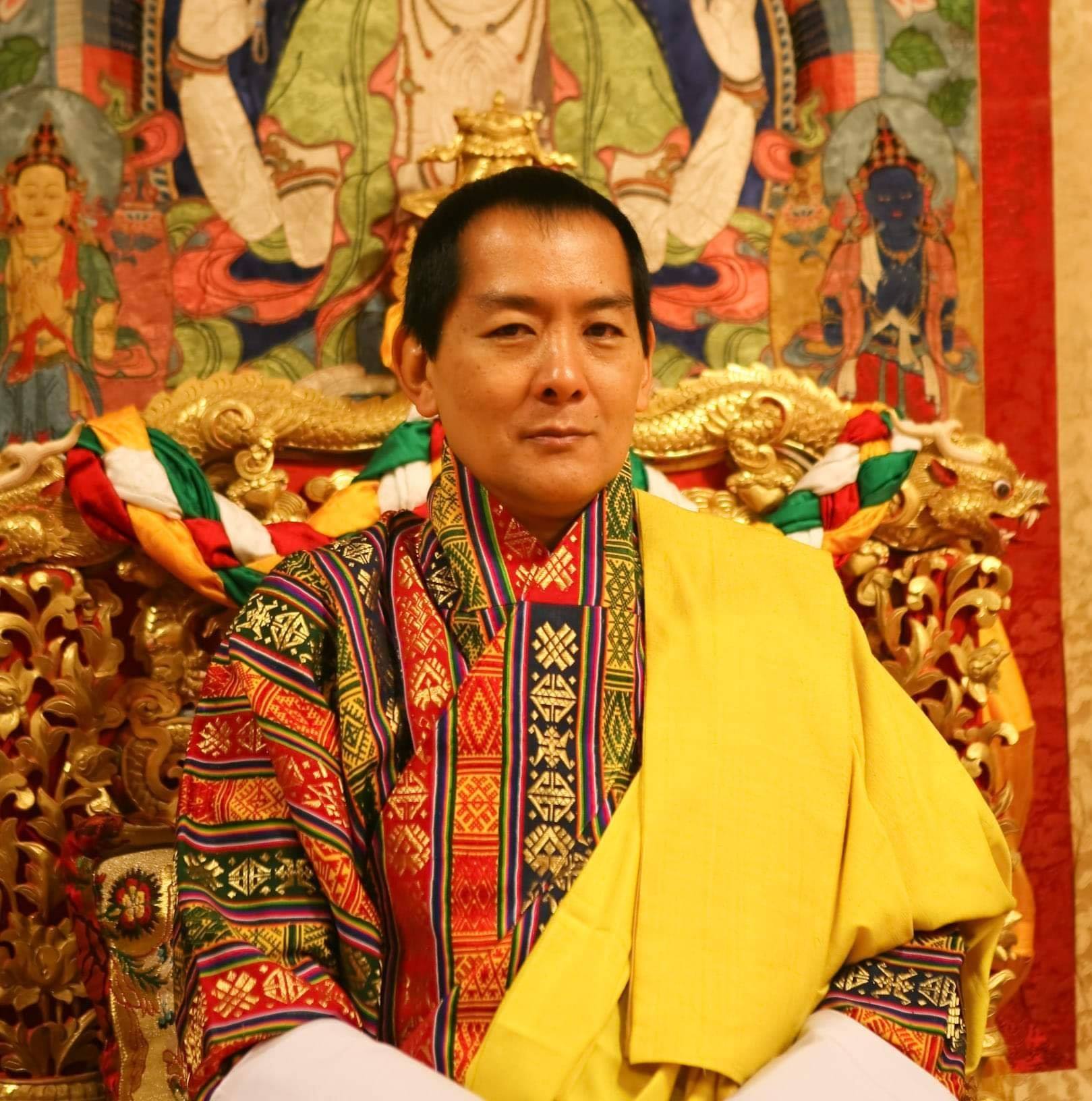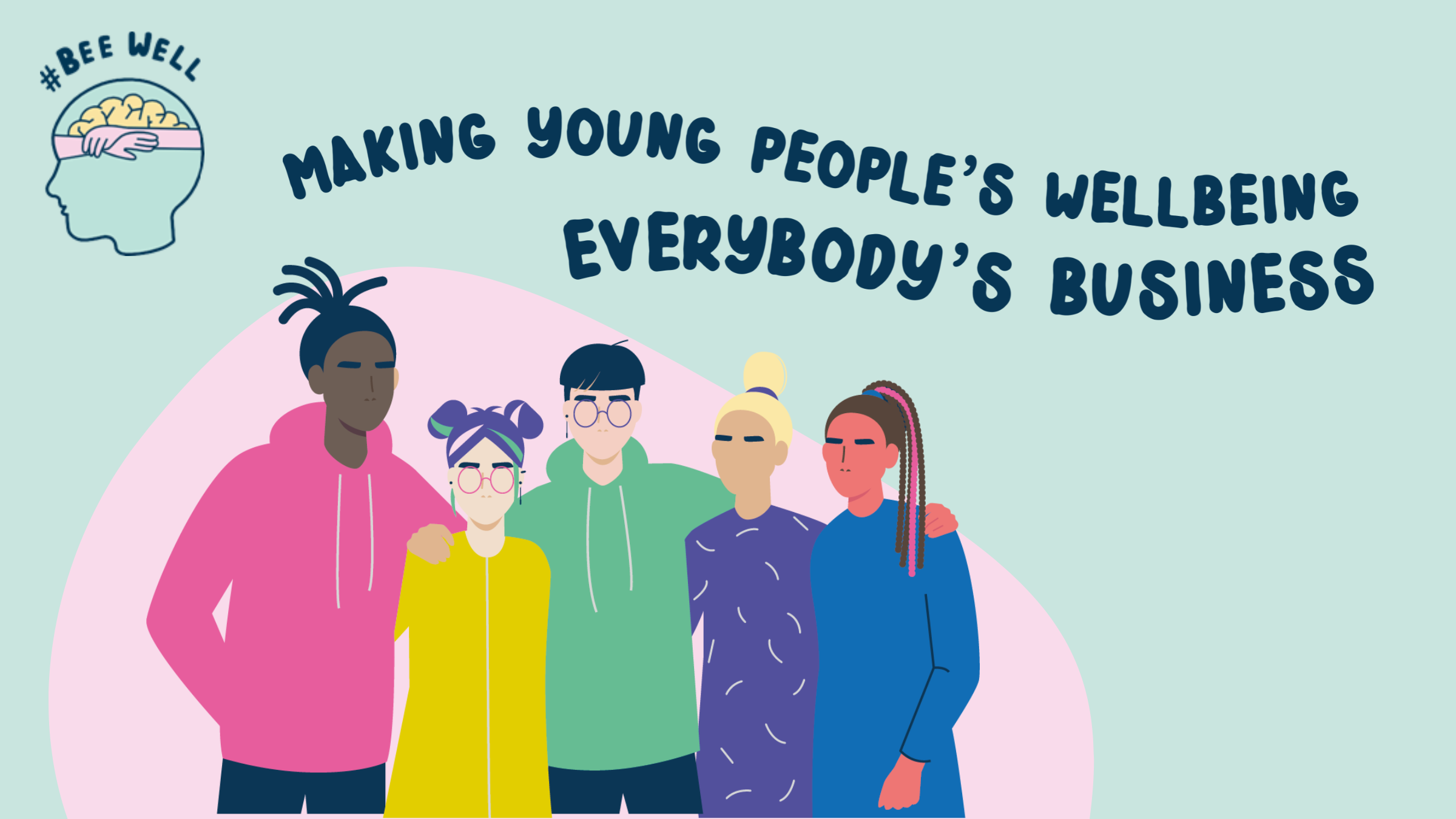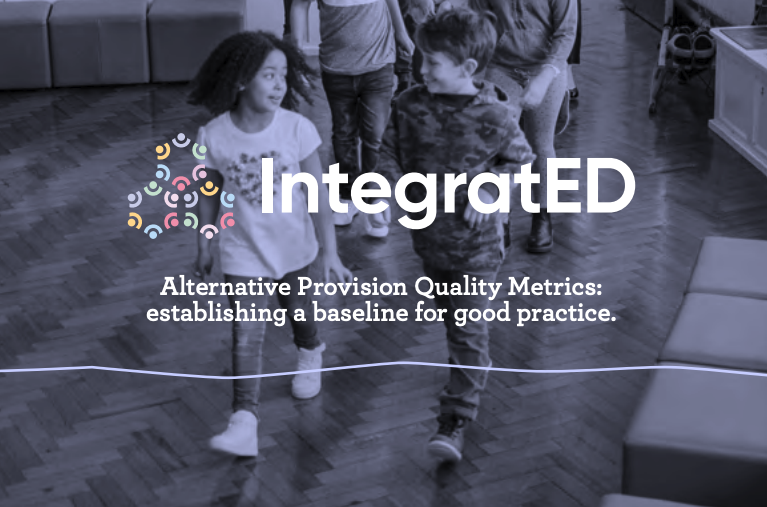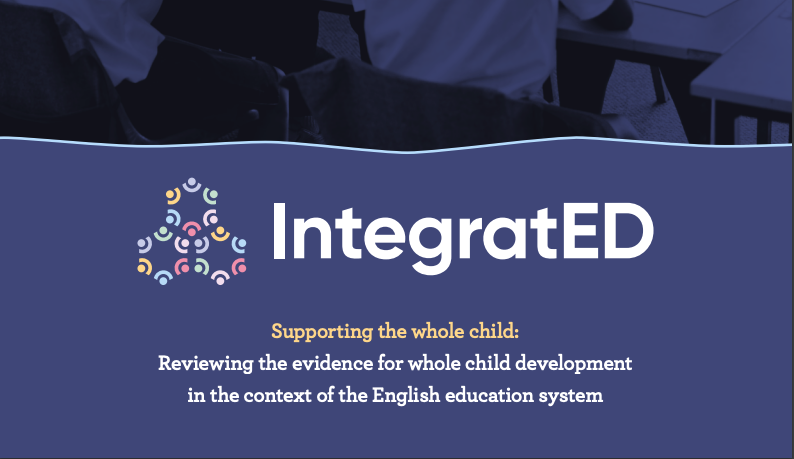
Difference Leader Jack Weston turns to the history books to explore what the Dragon King of Bhutan and alternative provision can teach us about “catching up on lost learning”.
In 1972 Jigme Singye, the ‘fourth Dragon King’ of Bhutan, broke from international convention when he proposed that his country’s progress and development should be measured using Gross National Happiness (GNH) rather than Gross Domestic Product (GDP). The 17-year-old leader of the Himalayan nation was displeased at the international criticism of his county, on account of its low economic output and widespread poverty. The concept of Gross National Happiness appealed to the peculiarities of the economy of Bhutan whose culture is based on Buddhism. GNH measures psychological wellbeing, happiness, community vitality, and environmental preservation, rather than economic growth as the objectives of society and the economy. The young Dragon King knew what his society valued and that it was a hard metric to capture, so he chose his own yardstick by which to measure it.
“In the alternative provision sector, we are used to measuring our successes and our progress differently to our mainstream colleagues.”
In the alternative provision sector, we are used to measuring our successes and our progress differently to our mainstream colleagues. The traditional accountability yardsticks, the ‘GDP measures’ of British education; progress 8, Ebacc entries, and attaining 5 pass grades (9-4) in core subjects rarely capture and reflect the story or educational journeys the young people in APs and PRUs go on. For example, the statistic that only 12% of pupils in AP and PRU’s nationally achieve 5 accredited qualifications graded 1-9 is objectively abysmal and requires serious challenge.
However, I now know having worked in AP for the past 2 years that for the vast majority of the remaining 88% of children in AP who did not achieve 5 GCSE passes, there will have been drastic gains that are well hidden by the stats. Whole years of reading age progress caught up, attendance levels rising from sporadic engagement to 90% averages and dramatically improved behavior and self-esteem. All tangible measures of progress that should be celebrated, albeit non-conventional ones not captured by traditional accountability measures.
When students returned to schools on March 8th 2021 it was almost exactly a year after the first lockdown ended education as we knew it. Celebrating the small successes will be key to re-engaging those who have lost out the most from school closures. In alternative provision, we work to fill in the gaps in disrupted and disjointed educations and this process starts with reconnecting learners with the process of learning. Demonstrating to the most disaffected pupils that they have not only the ability to turn up to school but the ability to thrive and succeed in it requires deliberate planning and ways to measure their success. Low effort high impact activities like Precision Teaching is a good example of practical applications of this, where progress is easily visible to both the learner and teacher and confidence can be built through gaining fluency in knowledge or of a task.
Building in success and celebrating it can do a lot to re-ignite the desire to learn with young people who see themselves as bad learners, but, to ‘fill in the gaps’ you first need to know where they lie. Testing will be inevitable for exam years with teachers eager to gather evidence to support their grade predictions but I would urge that we have time. Not loads, but some time all the same.
“…allowing students to demonstrate not what they have forgotten but what they can retrieve will let us know where the work needs to be done”
Often, letting pupils show you themselves what they do and don’t know through the weapon of choice is a powerful and empowering tool, especially for young people who have low learning self-esteem. Providing a choice of learning activities, covering different levels and topics, allowing students to demonstrate not what they have forgotten but what they can retrieve will let us know where the work needs to be done.
Ultimately, however, the transition from lockdown and remote learning to bums on seats, noise in the corridors, and football in the playground will only be successful for the majority of students if “catching up on learning” comes hand in hand with a good “catch up” with each other. Learning isn’t the only thing that these young people have lost over the past year and let’s be honest, the loss of the social side of school is probably hurting them more now than not knowing things that they didn’t already know. That is not to say that expectations, routines, and deliverable content need to fall by the wayside. By deploying structured oracy and discussion activities pupils can retrieve knowledge, discuss their experiences and catch up with each other through subject-specific talk. Not picking up a pen for the first 15- 20 minutes of some lessons and opting instead to engage in a meaty discussion about what is being covered, revised, or taught instead could provide a needed social dimension to post lockdown learning.
“The world did not place the same value in psychological wellbeing, happiness, community vitality, and environmental preservation as it does now. GDP was everything. It is no surprise that in 2021 the measure is seeing a renaissance.”
In 1972 when the Dragon King of Bhutan first pointed to the Gross National Happiness measure as a means of measuring his country’s progress rather than GDP. The world did not place the same value in psychological wellbeing, happiness, community vitality, and environmental preservation as it does now. GDP was everything. It is no surprise that in 2021 the measure is seeing a renaissance. Not as an alternative but as an additional way to view progress, an ‘and as well’ rather than an ‘either or’. In the same way, we are at a moment in education where we have been confronted with the importance of all the pastoral and personal services schools offer to their communities that are not accounted for by top-down accountability measures. In our pursuit to “catch up on lost learning” let’s not lose sight of the importance of the other work we do and the simplest way to do that is to value it, measure it, and celebrate it.

Piece by Jack Weston, Difference Leader at Rowans AP Academy in Medway. Jack tweets from @IamJackWeston
The Difference will be spotlighting and sharing more learning from our network of school leaders and teachers over the coming weeks. Sign up to 4 Bullet Friday mailing list to keep in touch.
If you would like to be involved, have an opinion, or have something to share please e-mail us.



